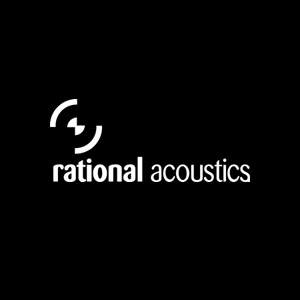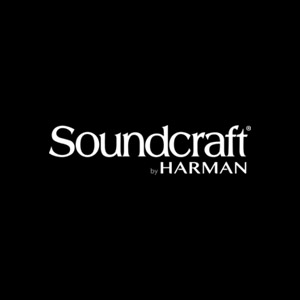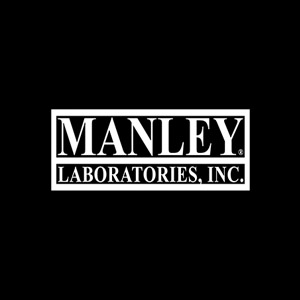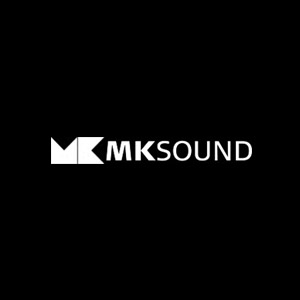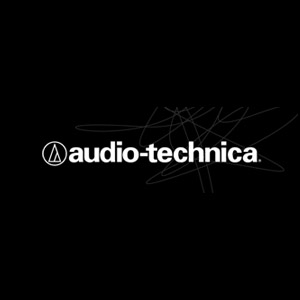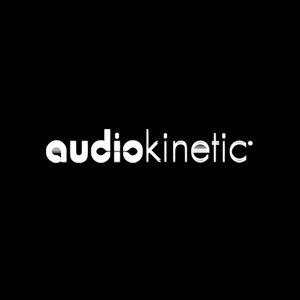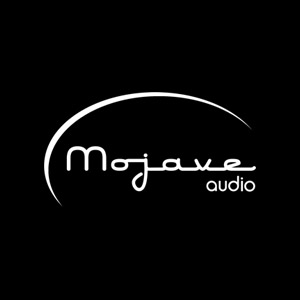Why are Audio Engineers and Music Production Professionals in High Demand?
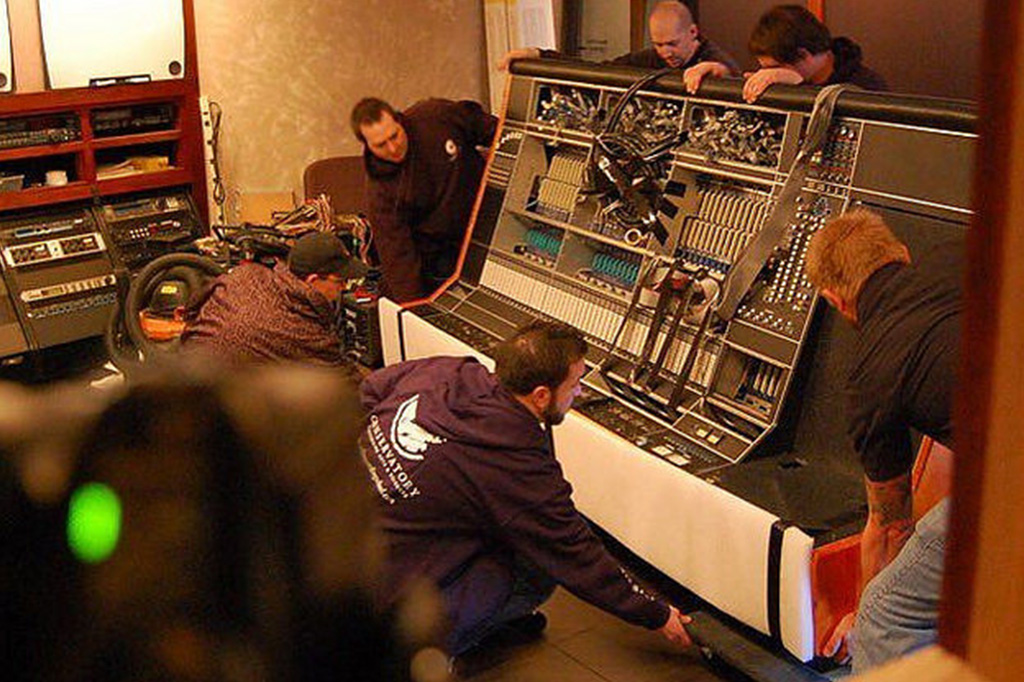
The last few decades have been a landmark era for music and audio production industry. From Thomas Edison’s phonograph during the 1800s to the modern digital revolution, music has come a long way, and so has music’s technological innovations! There are those who have been fortunate enough to have made important contributions, combining their passions of sound and science. The music industry has grown tremendously in the last few decades, and every generation has had a hand in leading us to the place we are right now. Welcome to age of global audio, where a quick Google search grants unlimited access to unheard-of musical genres anywhere in the world. A deeper search will unearth production techniques that will make you want to reach for the possibility of being involved in the next generation’s audio productions! If there was ever a time to enroll in audio engineering, that time would be now! And we, at CRAS, mean right now!
There is a good reason audio recording schools are popping up everywhere. The music industry generates nearly 50 billion dollars in revenue and 15 billion of those dollars is made right here at home in the United States. The US is at the forefront of the audio/ music industry, and part of the credit goes to some of the best music schools in the world. Their ability of being able to teach the intricacies of ages-old techniques and future-reaching technologies allows the focused student to pursue an exciting, and rewarding, career in Pro Audio. Having studied performing arts at a post-secondary institute, artists like Lady Gaga and David Bowie understood that a profound education (although not focused on music engineering) would enhance their successes. The misconception is that all artists, producers, musicians, engineers and other industry professionals walk in “off the streets,” and land wild successes. Though there are some cited cases that would support that misconception, the truth is that the music industry is an INDUSTRY that demands knowledgeable captains to steer through art and commerce with sound and science! This “knowledge” can only be had by immense education in the craft of audio engineering, and continuous application of the newfound immersion. Although a few success stories exist without a “proper” education, more and more people are finding their path to music engineering by way of colleges and trade schools, like CRAS.
With the emergence of social media, SEO, Youtube and Digital Media and the role it has played in pushing artist to the global stage, it would be hard to appreciate good music without paying homage to the multimedia explosion of the 21st century. Sure, we understand the importance of raw talent, but in this day and age, where would Adele and Taylor Swift be without the marketing tools that emphasize sites like Amazon and YouTube. And for that matter, how could we expect anyone under 30-years old to know anything about Chuck D, U2, and other pioneers if not for digital music? “What does any of this have to do with audio engineering?” you’re probably wondering. Seemingly nothing, but, to become a music engineer, one must have learned the entirety of how the Professional Audio Industry works, and have a knowledge-base that extends beyond the sound and science of music. A “complete” knowledge is the most powerful tool you will have obtained upon leaving audio recording school, leaving you prepared for the music world, beyond the limits of a recording studio control room.
Success in the music business comes from understanding the technology that powers the industry. Even so, music engineering is an art form. One must have a grasp on the technologies of our industry, but, more importantly, one must have the ability of being to be artistic with these technologies. The best audio recording schools, like CRAS, will teach both. Having a solid foundation is crucial to growth in any endeavor, especially music, because it prepares you for the industry’s perpetually changing environment. Like any other business, the key is getting your foot in the door. A number of graduates have gone on to be successful sound engineering professionals, while others have used their training as a way to transition into music producing. There is no overstating the competitive nature of the music industry, and one of the best ways to achieve your vision is by enrolling in sound engineering classes today! Contact CRAS NOW to take the first step towards the dream of a career in Professional Audio!


